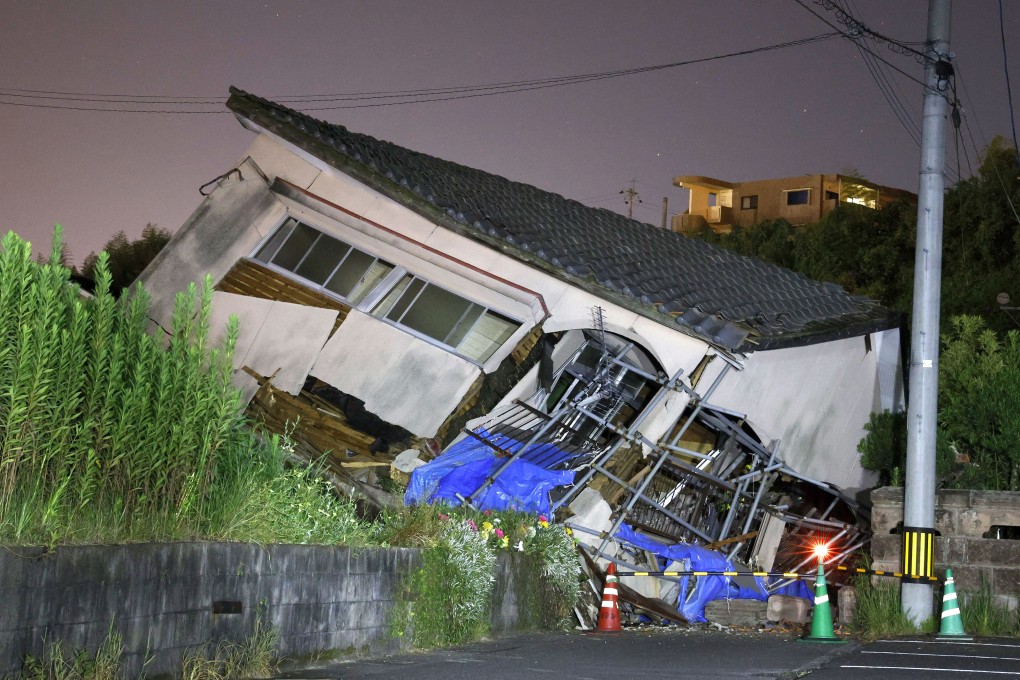Editorial | Check fine print on insurance for quakes
- Hong Kong’s Security Bureau updated an existing amber outbound travel alert urging awareness and caution for Japan in wake of recent spate of earthquakes

Travel entails risk. Earthquakes are a common element of risk in Japan, one of Hongkongers’ most popular destinations.
A reminder was a magnitude 7.1 earthquake off the coast on August 8, followed hours later by a warning that another major quake was possible in the following week.
The country has been on edge after a series of powerful quakes, amid concerns about a lack of safety information in other languages for foreign tourists. Hong Kong’s Security Bureau has updated an existing amber outbound travel alert for Japan.
The alert, urging awareness and caution was first raised in 2012. What sets this instance apart is Japan’s “megaquake” warning – only just lifted – in a country where a magnitude 9.0 quake and tsunami in 2011 claimed more than 20,000 lives, displaced hundreds of thousands of people and damaged the Fukushima nuclear plant.

All this has prompted reflection on consumer protection in these circumstances under travel insurance policies. As an “explainer” in the South China Morning Post reported, Selina Lau Pui-ling, chief executive of the Hong Kong Federation of Insurers, told a radio show that most travellers would be covered against related losses if they took out an insurance policy before the earthquake struck, but might not be if they took out their plans afterwards.
